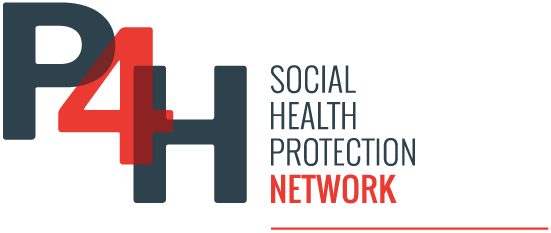
In 2025, the Cuban government allocates 24% of the general budget for health care
The Cuban government shows the importance of health, with 24% of the national budget in 2025 allocated to the sector. Of the health budget, 30% of spending is earmarked for the population over 60 years of age. In 2025, health remains a priority for the Cuban...

Tobacco tax in EU budget: What if Europe goes smoke-free?
The EU plans a 15% levy on member states’ tobacco tax revenues, channeling €11.2B a year into its budget. Dramatic new tax hikes aim to curb smoking and expand funds, with measures factoring in declining tobacco use and anticipated cuts to healthcare costs.The...
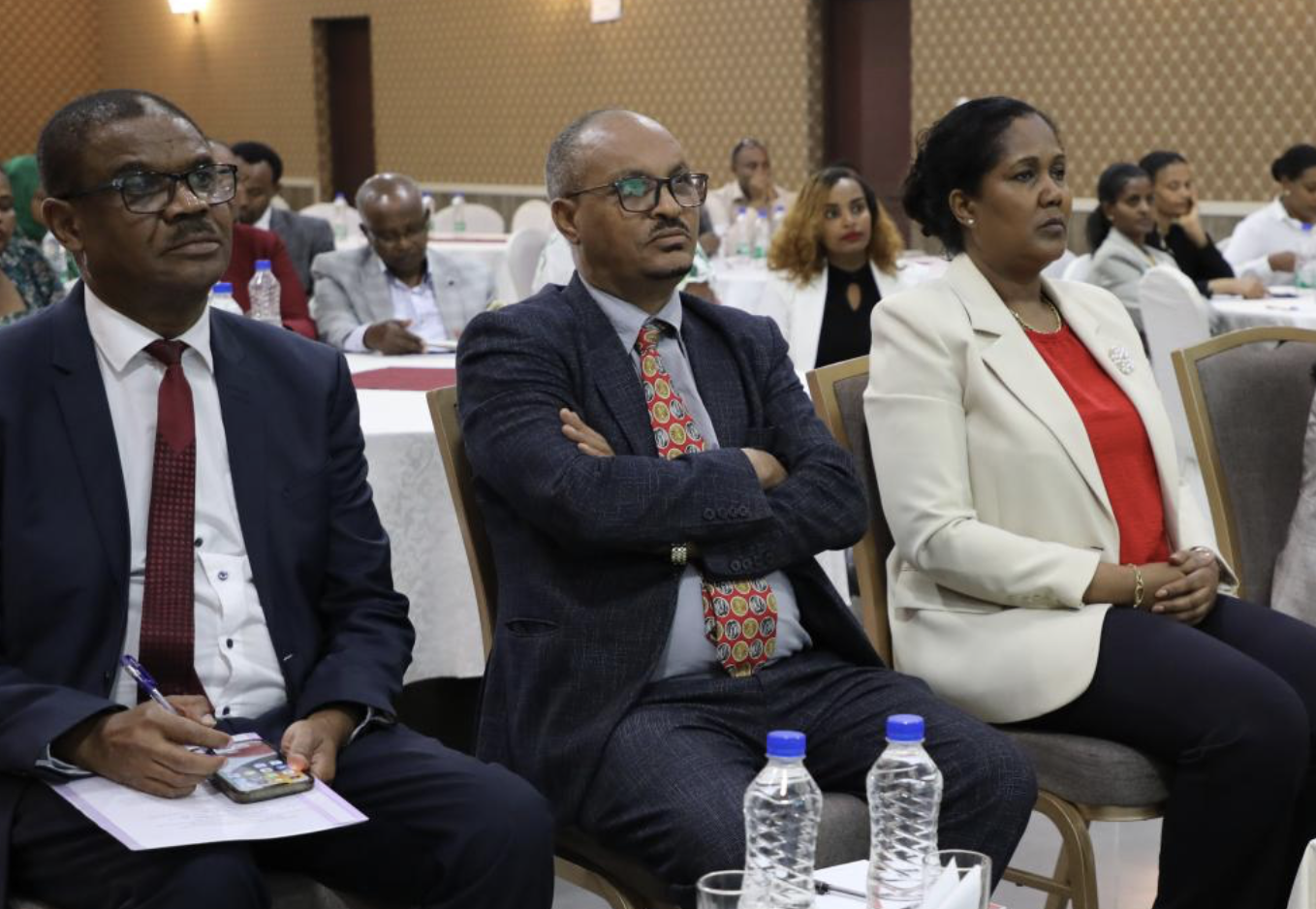
Ethiopia Takes Bold Strides on Health Taxes to Drive Universal Health Coverage
Ethiopia’s excise tax reforms on tobacco, alcohol, and sugary drinks showcase political and multisectoral leadership, generating revenue and reducing NCDs while advancing Universal Health Coverage and health system resilience.Ethiopia is emerging as a leader in health...
Catastrophic health expenditure and household impoverishment in Togo
This peer review journal article published in 2023 analyses catastrophic health expenditures and effects on household impoverishment in Togo. Since 2015, Togo has been committed to working towards ensuring access to quality health care without its citizens incurring...
Providing financial protection in health for low-income populations: a comparison of health financing designs in East Asia
This study compared health financing schemes for low-income populations across six East Asian societies, analyzing eligibility, coverage, and benefits. Results showed Taiwan, Hong Kong, and South Korea provide stronger financial protection, while mainland China lags...
Less is more: consumers’ preferences for value-based insurance design in Switzerland
This study used a discrete choice experiment in Switzerland to examine consumer preferences for value-based insurance design (VBID). Findings showed a strong status quo bias and resistance to higher cost-sharing or limiting low-value care, with preferences varying by...

One in five women in WHO Southeast Asia region covered under health insurance
In WHO Southeast Asia, only 1 in 5 women and 1 in 4 men have health insurance, with major gaps due to cultural, economic, and systemic factors. Tailored policies, stronger financing, and community education are needed to boost coverage and achieve Universal Health...
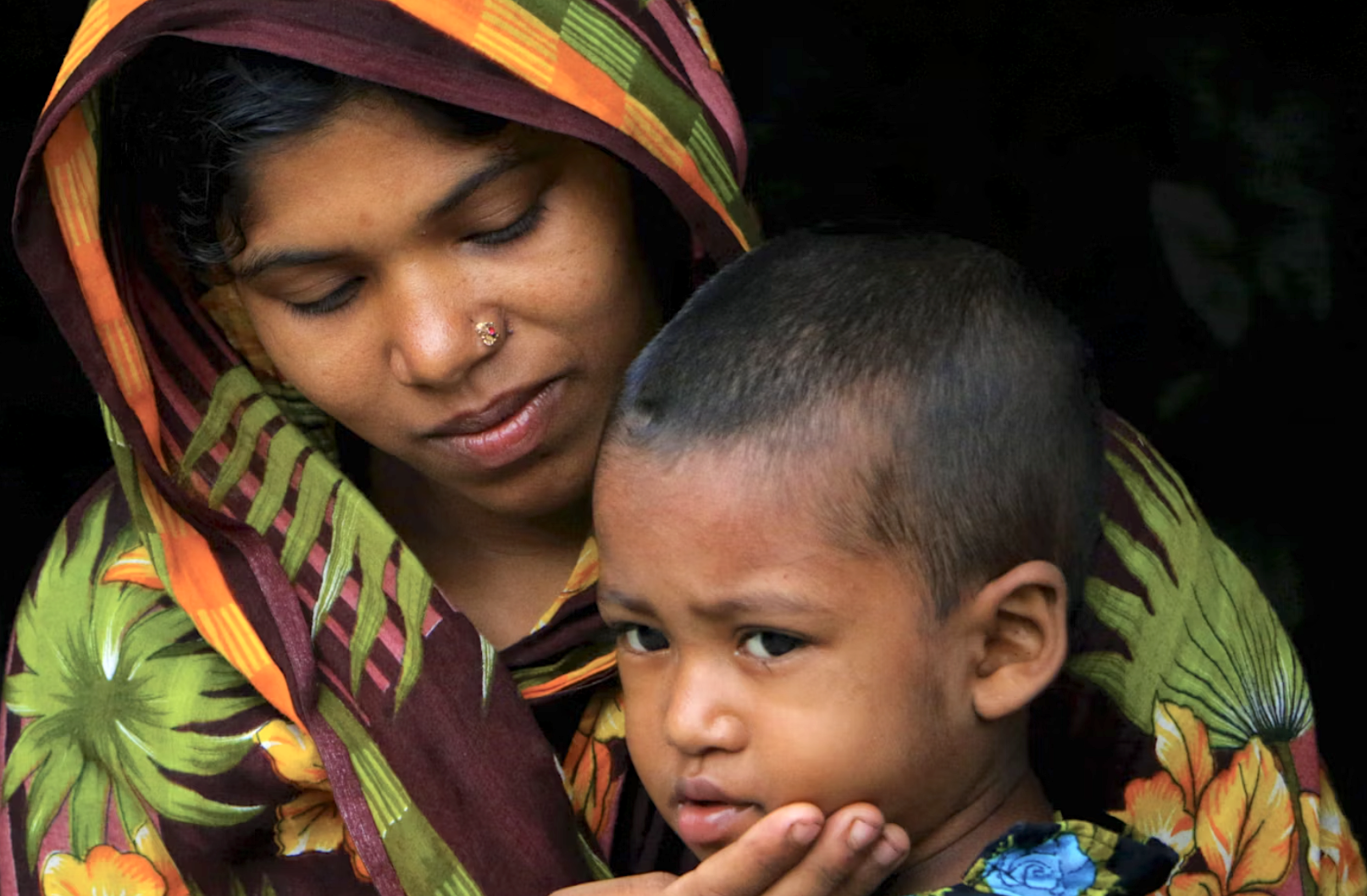
Multiyear presence of P4H-CFP adds to Cambodia’s progress towards UHC
P4H country focal person Niccolò Rotigliano supported Cambodia’s progress towards universal health coverage (UHC) between 2021 and 2024 through policy dialogue, topical analyses, tax reform studies, workshops and other efforts. He helped foster collaboration, inform...
Challenging inadequate and fragmented primary health care financing: findings from Bangladesh, Indonesia, Maldives, and Nepal
Strengthening primary health care (PHC) is crucial for universal health coverage in South-East Asia, but sustainable public financing remains a challenge in Bangladesh, Indonesia, Maldives, and Nepal. This study, based on extensive document review and interviews,...

Sweden rejects EU plan to fund budget with tobacco tax
The EU is weighing major tobacco tax hikes and new levies for its 2028–2034 budget, but Sweden and others oppose high taxes on nicotine pouches, citing harm reduction. Critics warn pouches may lead to youth addiction and note limited research.A recent proposal from...
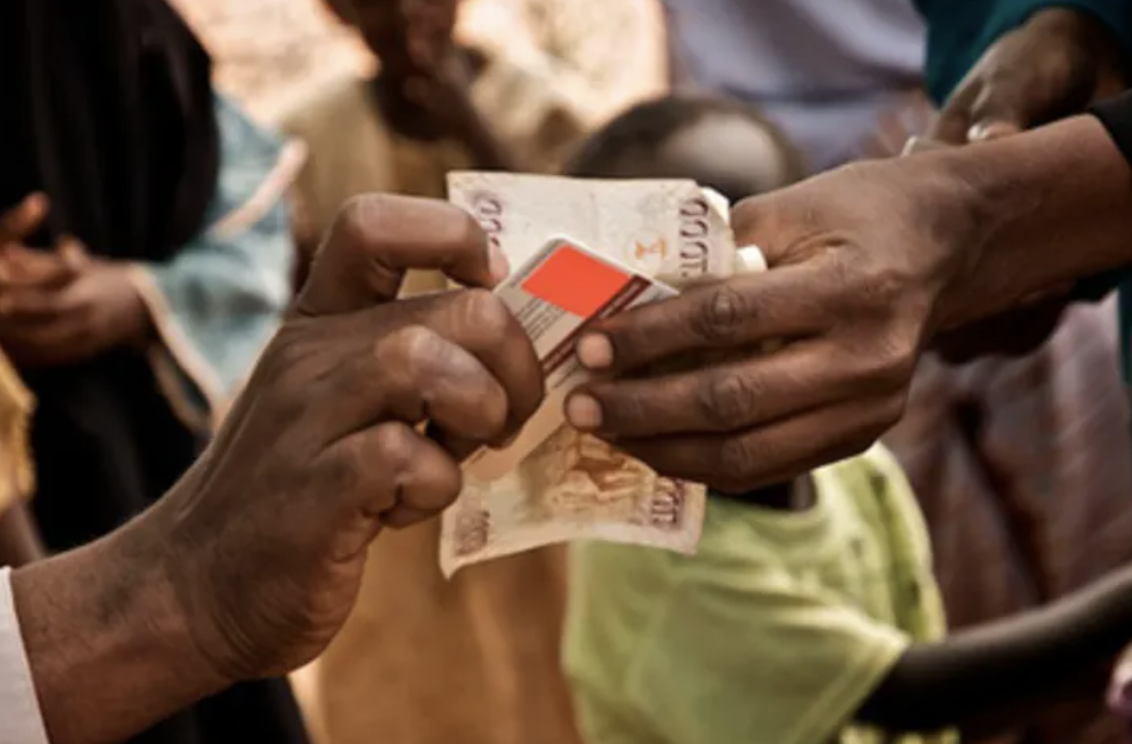
The impact of conditional cash transfers: The Lancet Public Health July 2025 issue
A new Lancet Public Health editorial highlights the wide-reaching impact of conditional cash transfers on health, equity, and economic resilience—especially in times of fiscal strain.In its July 2025 issue, The Lancet Public Health spotlights the transformative role...
Financial toxicity of hemophilia care in Southeast Asian countries
In their recent Viewpoint published in The Lancet Regional Health – Southeast Asia, authors Jose Marco Antonio II, Stephanie Wang, Frederic Ivan L. Ting, Jeremiah R. Vallente, Edward Christopher Dee, and Erin Jay G. Feliciano examine the pressing issue of financial...
Strategies for improving migrant health in Iran: a realist review
This realist review of 67 studies identified 27 strategies to enhance migrant health in Iran, focusing on trust-building through intersectoral governance, inclusive insurance to reduce financial barriers, cultural competency to improve accessibility, and community or...
Public Vs. Private Health Insurance in Germany
In Germany, every resident must have health insurance, choosing between public statutory insurance, which is income-based, covers essential care, and includes dependents at no extra cost, or private insurance, which offers modular plans with potentially faster access...
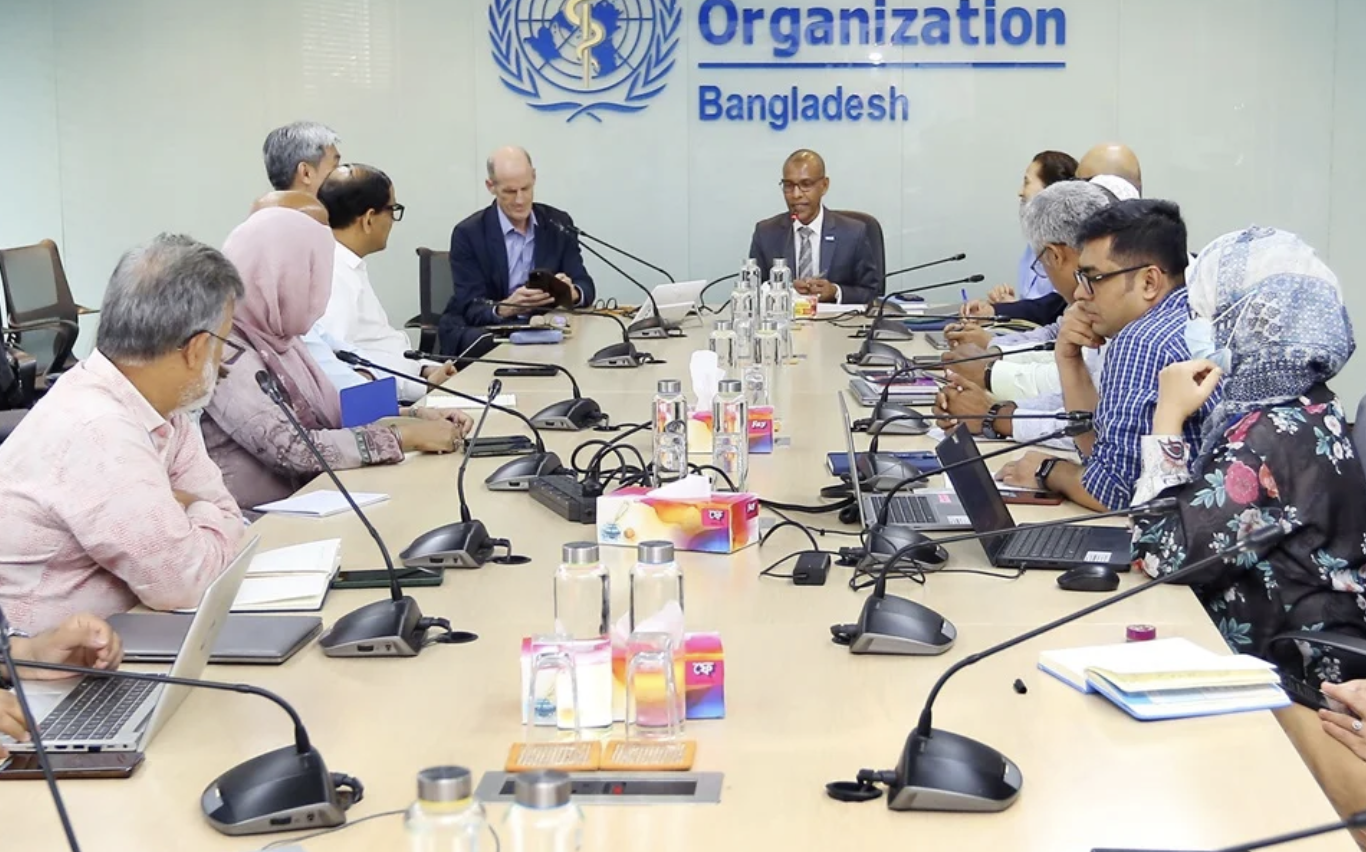
Shastha Chorcha Forum: Advancing Universal Health Coverage in Bangladesh
The second “Shastha Chorcha” by WHO Bangladesh gathered global and local health leaders to address challenges in achieving Universal Health Coverage. Emphasis was placed on innovation, leadership, community engagement, and collaboration for sustainable health...
